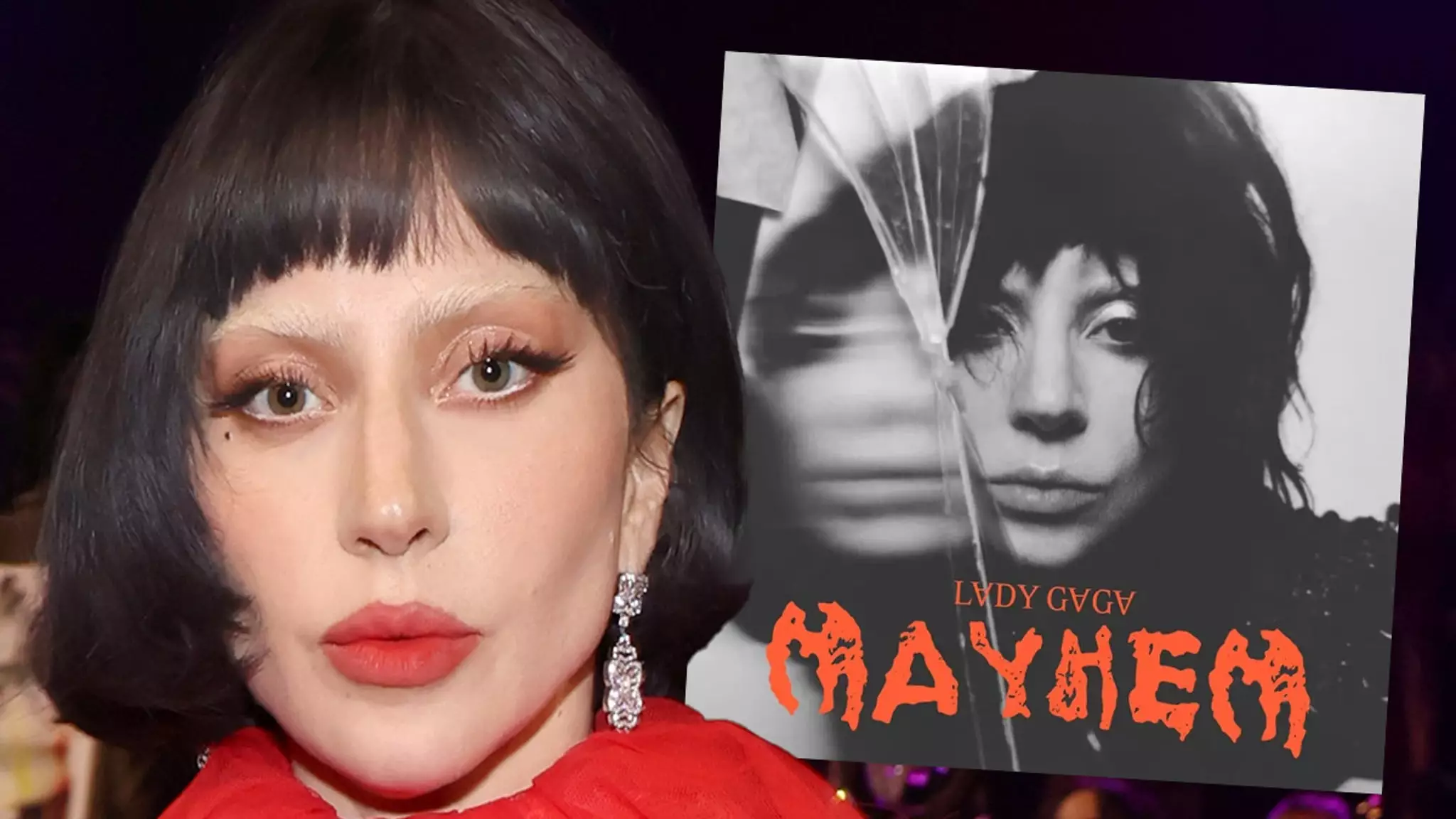In a stunning turn of events that intertwines the worlds of pop music and surf culture, Lady Gaga finds herself facing legal repercussions due to accusations of trademark infringement made by Lost International, a surfboard brand. The core of the issue lies in her recent album, aptly titled “Mayhem,” which is now being scrutinized for allegedly borrowing branding elements too closely aligned with Lost’s established logo. This lawsuit not only highlights the complex relationship between creatives and commercial identity but also raises questions about the ethics of originality in artistic expressions.
The Trademark Tug-of-War
The lawsuit claims that Lost International has been utilizing the term “Mayhem” emblazoned on various merchandise and surfboards for over a decade, asserting that they hold exclusive rights to the trademark since 2015. They argue that Lady Gaga’s album artwork features an almost mirror-like resemblance to their iconic branding. Such claims evoke a sense of urgency within the larger entertainment and commercial sectors—how can artists maintain creative freedom while respecting the ownership of pre-existing brands?
The heart of the contention focuses on a direct comparison made by Lost, showcasing their logo alongside Gaga’s design. While logo similarities may seem trivial at a glance, in terms of business and legal frameworks, they represent a breach that could have serious ramifications. Brands rely on their logos for recognition and market differentiation, which is why Lost has opted to take legal action against one of music’s most prolific icons instead of settling for an informal resolution.
Responses and Ramifications
Lost International claims they made sincere attempts to communicate their concerns to Lady Gaga before resorting to litigation. This step illustrates the often blind alleys confronted by brands when dealing with high-profile individuals. The surf company is now seeking damages that include any financial gains that Gaga may have accrued through the use of their “Mayhem” logo. These circumstances spotlight a broader issue: how creatives can sometimes unknowingly tread on the domains of existing businesses, and the consequences that follow.
The art and music industries are notorious for pushing boundaries; however, legal boundaries exist for economic reasons. Lady Gaga’s camp has yet to respond to this news, but one wonders how she will navigate this potential branding faux pas. This situation could also open Pandora’s box regarding artistic liberties, particularly when it comes to iconic phrases or images becoming sources of contention between different sectors.
Impact on Cultural Intersection
This dilemma is emblematic of the challenges faced when popular culture intersects with traditional commercial entities. Lost’s legal action serves as a crucial reminder that the creative landscape is fraught with complexities. The repercussions of this case could potentially influence future creative endeavors, prompting artists to tread cautiously while crafting their identities.
As the lawsuit unfolds, the dialogue around intellectual property will undoubtedly evolve, impacting not just those involved but also shaping the future of artistic expression in an increasingly interconnected commercial world. It’s a scenario that challenges the very essence of creativity and originality, questioning what is truly defined as original in a world where ideas continuously collide.

